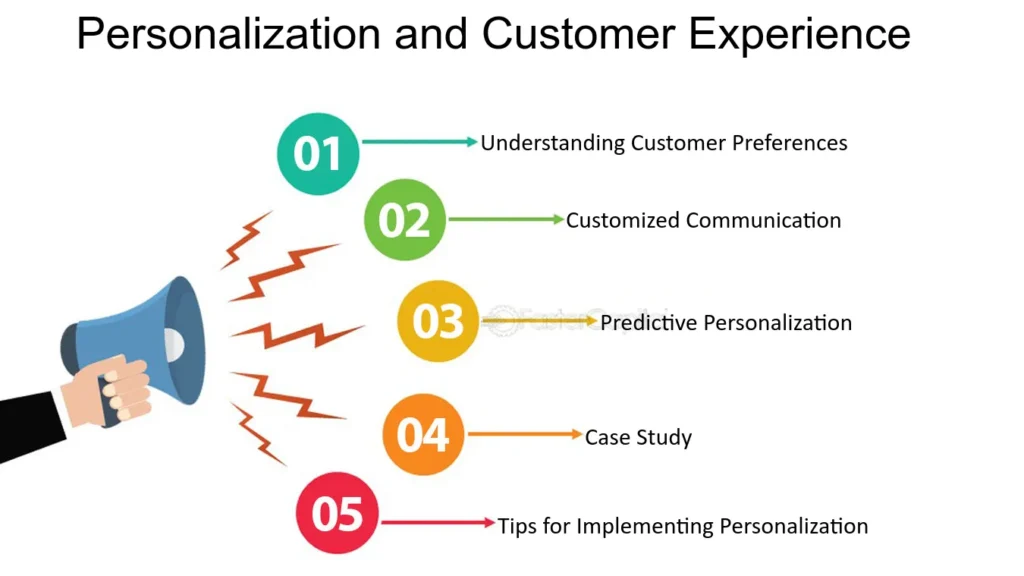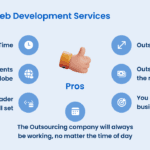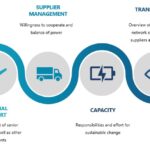
In today’s competitive business landscape, companies are increasingly prioritizing customer experience (CX) as a key differentiator. With the advent of digital transformation, customer expectations have evolved, placing greater emphasis on personalization. Modern customers expect businesses to know who they are, anticipate their needs, and provide personalized experiences that add value at every touchpoint.
This shift from product-centric to customer-centric business models has forced organizations to rethink how they engage with their audience. Personalized customer experiences not only enhance satisfaction but also improve brand loyalty, retention, and long-term profitability.
The Rise of Personalization
Personalization has become synonymous with customer-centricity. Rather than delivering a one-size-fits-all service, personalization allows companies to tailor their offerings, messages, and interactions based on individual customer preferences, behaviors, and needs. This could range from personalized recommendations in e-commerce to bespoke travel itineraries in the hospitality industry. By leveraging data, businesses can create hyper-targeted strategies that resonate on a personal level.
A successful example of personalization is Netflix’s recommendation engine, which curates content based on a user’s previous viewing habits, creating a unique experience for each subscriber. Similarly, Amazon’s “Customers who bought this also bought” feature uses advanced algorithms to suggest relevant products, driving higher sales through personalized recommendations.
Importance of Customer Experience
Customer experience refers to the overall journey a customer has with a company, from initial contact to post-purchase engagement. It encompasses every interaction, whether it be in-store, online, or through customer support channels. A seamless and positive customer experience builds trust and fosters long-term relationships, while a poor one can lead to customer churn and negative word-of-mouth.
With digital channels becoming the primary mode of interaction, companies have the opportunity to create consistent and connected experiences across touchpoints. For example, if a customer starts their shopping journey on a mobile app and finishes it on a desktop, the experience should be seamless, with no interruption in the journey. Achieving this requires integrated systems, real-time data, and a unified customer view.
The Role of Data in Personalization
Data is the backbone of personalization. Companies today have access to an unprecedented amount of data, from browsing behavior and purchase history to social media interactions and customer feedback. Analyzing this data allows businesses to understand customer preferences, predict future behavior, and deliver tailored experiences.
However, while data is essential for personalization, it also raises concerns about privacy. Customers want personalized experiences, but they also expect companies to handle their data responsibly. The challenge for businesses is to balance personalization with privacy, ensuring compliance with regulations like GDPR and being transparent about how customer data is used.
Key Technologies Driving Personalization
Several advanced technologies are powering the shift towards personalized customer experiences. These include:
- Artificial Intelligence (AI) and Machine Learning (ML): AI and ML algorithms are key enablers of personalization, as they can analyze vast datasets in real-time, identify patterns, and make predictions. These technologies help businesses understand customer intent, offer predictive recommendations, and optimize the timing and content of interactions.
- Customer Data Platforms (CDPs): CDPs unify customer data from different sources (e.g., CRM systems, social media, website interactions) to create a comprehensive profile. This enables businesses to deliver more relevant messaging and offers.
- Chatbots and Virtual Assistants: AI-powered chatbots are becoming more sophisticated, allowing companies to offer personalized support 24/7. These tools can resolve customer issues, recommend products, and even remember previous interactions for a more personalized experience.
- Omnichannel Engagement: With customers engaging across multiple platforms—social media, email, apps, websites—having an omnichannel strategy is essential. This ensures that the customer experience is consistent and personalized, no matter where the interaction occurs.
Benefits of Personalization in CX
- Increased Customer Satisfaction: Personalized experiences address the specific needs and desires of customers, making them feel valued. This leads to higher satisfaction levels.
- Enhanced Customer Loyalty: When customers feel understood, they are more likely to become repeat buyers and loyal advocates for the brand. Personalization nurtures long-term relationships.
- Higher Conversion Rates: Personalized recommendations, offers, and content increase the likelihood of conversions. By presenting customers with relevant options, businesses can drive higher sales.
- Efficient Marketing Spend: Personalization allows for more targeted marketing, reducing wasteful spend on irrelevant ads and promotions. Businesses can reach the right audience with the right message at the right time.
Challenges in Implementing Personalization
While personalization offers significant benefits, implementing it effectively can be challenging. Some common obstacles include:
- Data Silos: When customer data is scattered across different platforms, it becomes difficult to create a unified customer profile. Businesses need to invest in systems that integrate data seamlessly.
- Privacy Concerns: As mentioned earlier, customers are increasingly concerned about how their data is used. Businesses need to ensure they are transparent and compliant with data privacy regulations.
- Scalability: Personalizing experiences at scale requires significant technological infrastructure and expertise. Smaller companies may struggle with the resources needed to implement advanced personalization strategies.
The Future of CX and Personalization
The future of customer experience lies in hyper-personalization, where AI and machine learning will allow for even more granular targeting and real-time personalization. As the digital ecosystem evolves, businesses will continue to push the boundaries of CX by leveraging new technologies like augmented reality (AR), virtual reality (VR), and the Internet of Things (IoT) to create immersive and personalized experiences.
Moreover, the rise of voice search and voice assistants like Alexa and Siri will open new avenues for personalized customer interactions. Businesses that invest in these technologies and continue to prioritize personalization will be better positioned to meet customer expectations in the years to come.
Conclusion
In an era where customer experience is more important than ever, personalization has emerged as a key strategy for businesses looking to differentiate themselves. By harnessing the power of data and technology, companies can create personalized experiences that drive satisfaction, loyalty, and growth. The future belongs to brands that understand their customers on a deeper level and are agile enough to deliver seamless, personalized experiences at every touchpoint.

